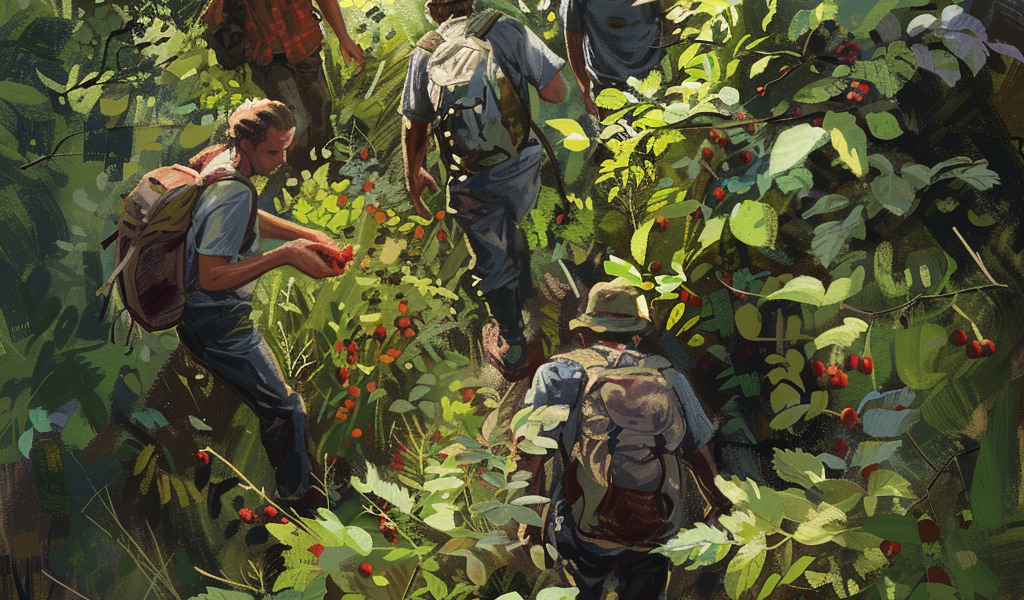A new study suggests that individuals with ADHD-like traits may have an evolutionary advantage when it comes to foraging for food in the wild. The research indicates that people with attention deficit hyperactivity disorder (ADHD) characteristics, such as difficulty regulating their attention and restlessness, exhibit better foraging strategies compared to those with neurotypical traits.
The findings have led researchers to speculate that ADHD may have evolved as an adaptive survival strategy. Instead of exploiting resources in a single spot, individuals with ADHD-like traits favor exploring new locations. This could potentially explain the prevalence of ADHD in the human population, affecting millions worldwide.
Neuroscientist David Barack and his team conducted an experiment involving 457 participants. The participants were asked to pick as many virtual berries as possible from computer screens within a limited time frame. Each time a participant clicked on a patch of berries, the virtual bush was depleted. Participants then had to decide whether to stay at the same patch and collect fewer berries or spend time traveling to a new patch.
The study revealed that individuals without ADHD tended to stay too long at a berry bush, resulting in suboptimal foraging. On the other hand, those with ADHD-like traits were more likely to leave a patch sooner and less likely to exploit any one berry bush. As a result, they collected more berries overall.
The experiment’s results suggest that ADHD-like traits may confer advantages in specific choice contexts. These findings provide an initial data point indicating potential benefits in certain scenarios. The research sheds light on the potential evolutionary advantages of ADHD-like traits and their impact on foraging strategies.





